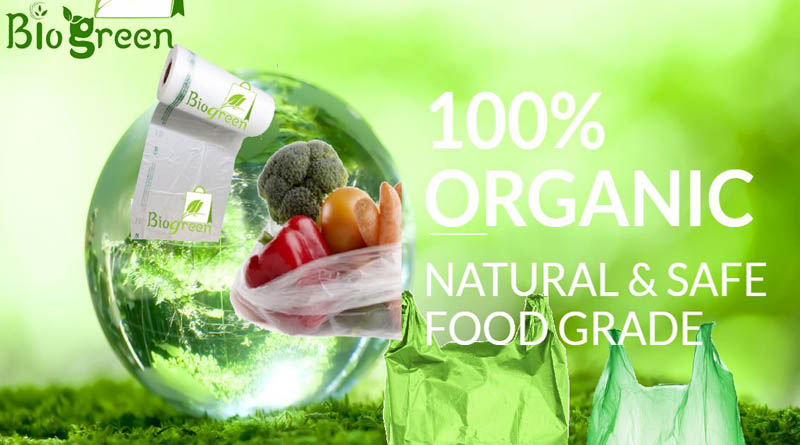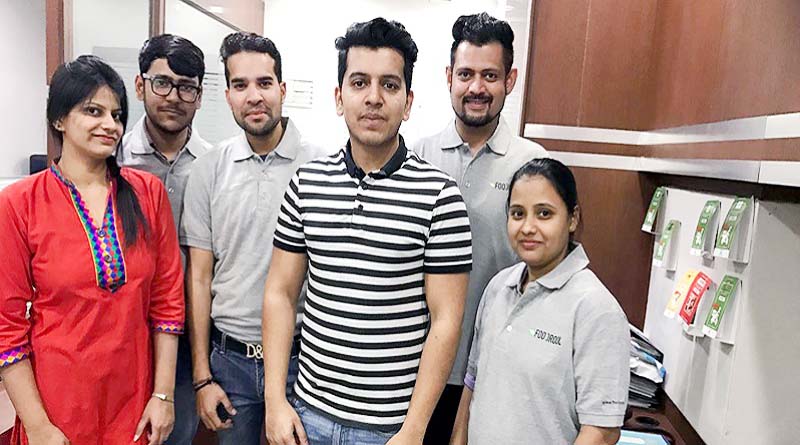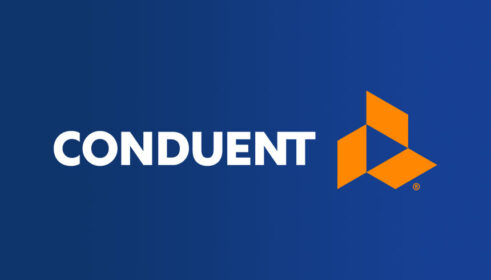Coolberg, a trailblazer in India’s non-alcoholic beverage sector, is redefining social drinking for the new-age consumer. With a growing demand for non-alcoholic alternatives that cater to both taste and lifestyle preferences, Coolberg offers a range of malt-based beverages that appeal to individuals seeking the experience of drinking beer—without the alcohol.
Founded in 2016 by Pankaj Aswani and Rashmi Aswani, Coolberg has successfully carved a niche for itself, addressing a market previously underserved in India: flavorful, premium, non-alcoholic beers.
Key Product Offerings
Coolberg specializes in non-alcoholic malt beverages crafted to replicate the beer-drinking experience while remaining alcohol-free. The product line includes:
- Coolberg Malt – The base drink with the original beer-like taste.
- Coolberg Ginger – A zesty variant infused with real ginger extracts.
- Coolberg Peach – A fruity and smooth option appealing to the younger demographic.
- Coolberg Mint – A refreshing twist with minty aftertones.
- Coolberg Strawberry – Sweet and light, a popular choice among female consumers.
- Coolberg Cranberry – Tart and tangy, ideal for cocktails or solo sipping.
All drinks are zero alcohol, 100% vegetarian, and designed for unisex consumption, making them inclusive and socially versatile.
Case Study: Scaling Distribution and Consumer Adoption
Challenge:
When Coolberg launched, the concept of non-alcoholic beer was still foreign in Indian Tier-2 and Tier-3 cities. Educating consumers and building trust in a new product category posed a significant hurdle.
Solution:
Coolberg focused on digital marketing, sampling campaigns, and strategic tie-ups with premium cafes, restaurants, and retail stores. They also tapped into online grocery platforms like BigBasket, Amazon, and Swiggy Instamart, ensuring direct-to-consumer access.
They expanded distribution by partnering with beverage aggregators, leveraging a phygital (physical + digital) retail model. Moreover, during the COVID-19 lockdowns, the brand pivoted to an e-commerce-first approach, which resulted in a 35% increase in online sales year-over-year.
Outcome:
Within just a few years, Coolberg has achieved nationwide presence, expanded to over 20,000 outlets, and even explored exports to UAE and Southeast Asia. The company saw consistent double-digit quarterly growth and became a category leader in India’s nascent non-alcoholic beer segment.
Funding
Coolberg has attracted notable investor attention in India’s food and beverage space:
- Seed Round (2018): Backed by India Quotient, an early-stage VC firm.
- Series A (2020): Raised $3.5 million, led by RB Investments (Singapore) with participation from India Quotient, Ashish Goenka (Suashish Diamonds), and Arun Venkatachalam (Murugappa Group).
- Angel Supporters: Include names like Jitendra Gupta (Jupiter) and Anupam Mittal (Shaadi.com).
The funds were deployed towards scaling production, expanding the retail footprint, and strengthening brand awareness.
Business Model
Coolberg operates on a B2B2C model with a hybrid sales approach:
- Retail Sales: Through offline stores (modern trade, general trade) and online platforms.
- HoReCa (Hotels, Restaurants, Cafés): Serving as a premium non-alcoholic option in social spaces.
- Corporate Tie-Ups: Offering beverages at corporate events and celebrations.
- Exports: Tapping into global markets where non-alcoholic alternatives are gaining traction.
Revenue Model
Coolberg generates revenue through:
- Per-Bottle Sales: Across physical and online retail chains.
- Bulk Supply Contracts: To hotels, restaurants, cafes, and event companies.
- Private Labeling (Future Scope): Licensing its brewing tech or offering white-label services to F&B players.
- Export Revenue: Through direct shipments and distribution agreements in international markets.
With high gross margins due to low alcohol taxes and premium positioning, Coolberg has maintained a healthy contribution margin, especially through online direct sales.
SWOT Analysis
Strengths:
- Unique Market Position: Pioneer in India’s non-alcoholic beer category.
- Wide Flavor Range: Caters to multiple demographics and taste preferences.
- Strong Branding: Youth-focused, inclusive, and lifestyle-oriented.
- Agile Supply Chain: Quickly scaled distribution nationally and internationally.
Weaknesses:
- Niche Market: Still a developing category in India; slow adoption in certain regions.
- Perceived as a Soft Drink: Some consumers may not differentiate it from other carbonated beverages.
- Dependence on Urban Market: Tier-2 and Tier-3 markets require significant education and outreach.
Opportunities:
- Global Expansion: Especially in the Middle East, where alcohol restrictions boost demand.
- Health-Conscious Trends: Rising interest in alcohol-free, low-calorie beverages.
- Corporate and Institutional Sales: High potential in events, offices, and airlines.
- Innovations: Potential to develop new SKUs like kombucha, CBD-infused drinks, or functional beverages.
Threats:
- New Entrants: Big beverage giants may enter the space, leveraging larger distribution networks.
- Regulatory Risks: Changes in food labeling or health regulations.
- Changing Consumer Preferences: Sudden shifts in trends may reduce demand for malt-based drinks.
Conclusion
Coolberg has successfully established itself as a cultural and consumer brand, bridging the gap between social drinking and sober living. With a deep understanding of the evolving millennial and Gen Z consumer, the brand continues to expand its footprint in India and abroad.
Its focus on taste, quality, and inclusivity gives it a competitive edge. As the global demand for alcohol-free alternatives grows, Coolberg stands at the forefront, poised to capitalize on a healthier, more socially-conscious drinking culture.












